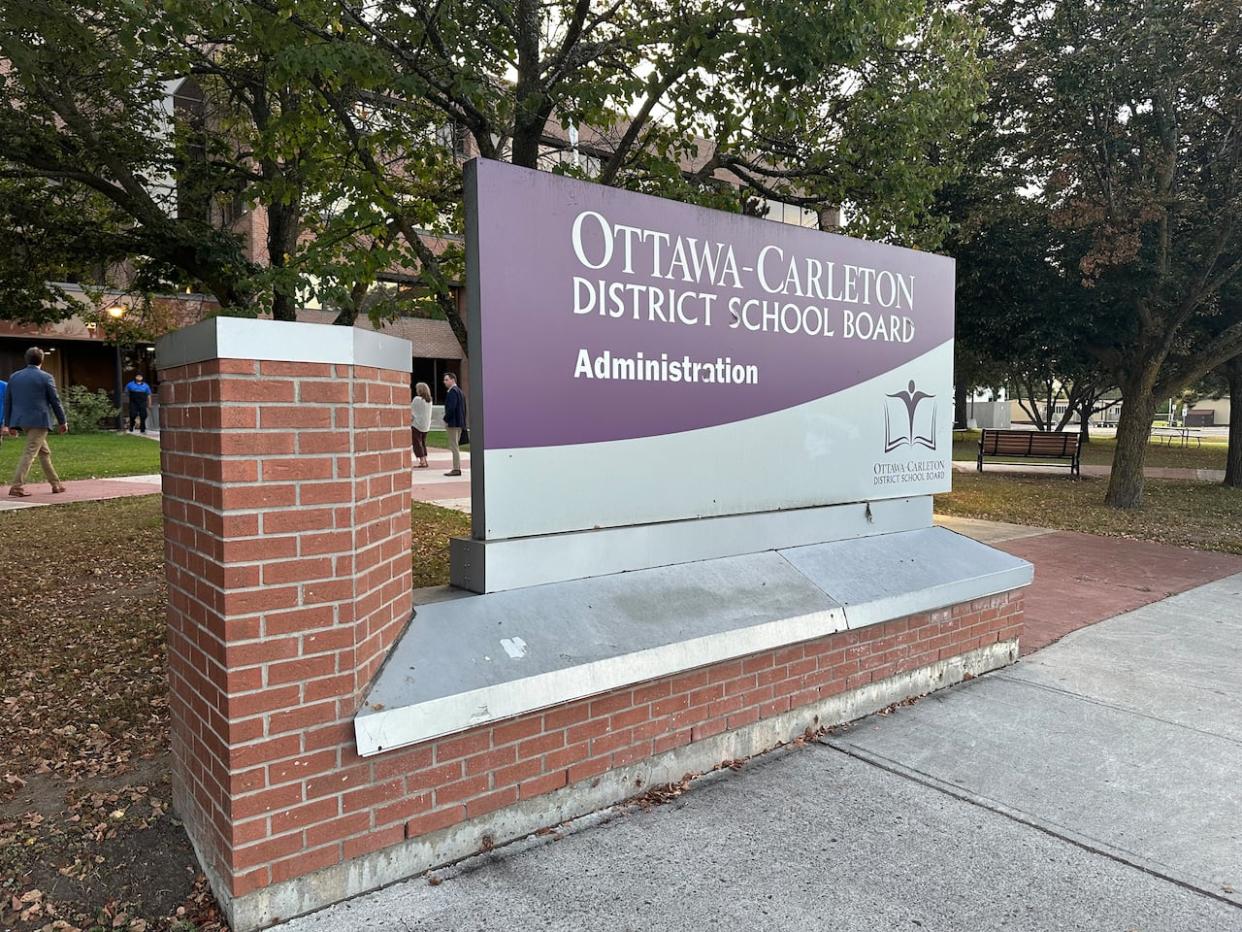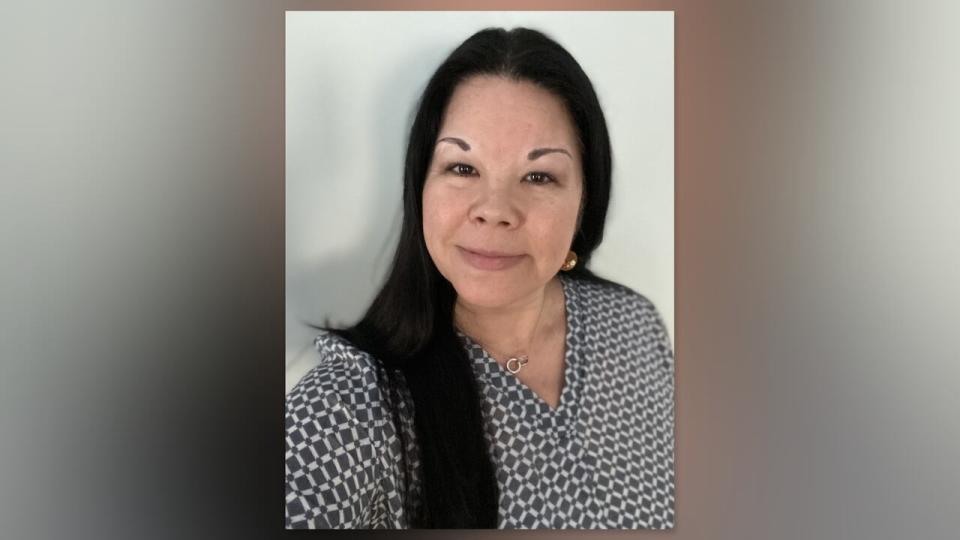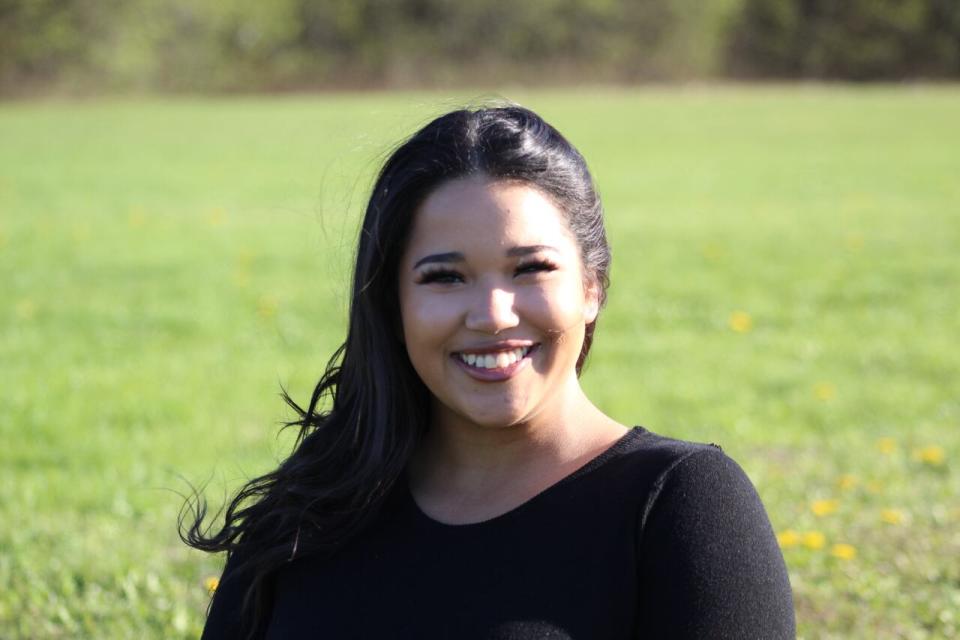Ottawa's largest school board seeking Algonquin, Inuktituk language specialists

Ottawa's largest school board says it's searching for Algonquin and Inuktitut language specialists to make learning the languages more accessible for students.
Jody Kohoko, the principal of First Nations, Métis and Inuit education at the Ottawa-Carleton District School Board (OCDSB), said the board has been looking into how to support Indigenous students' well-being and academics.
"One of the ways that we know we can do that is through offering languages well, so we're hoping to find some fluent speakers in Inuktitut and Algonquin," Kohoko told CBC Radio's All In A Day.
As the OCDSB's Indigenous education team has grown over the years, it's been working toward a new focus on "highlighting Indigenous brilliance in our district," Kohoko said.

Jody Kohoko is OCDSB's principal of First Nations, Métis and Inuit Education. She says students have been asking to learn Indigenous languages which are 'connected to land and their whole being.' (Submitted by Jody Kohoko)
Furthermore, Kohoko said the team has been trying to move away from thinking about Indigenous education as "really heavy," while still acknowledging difficult topics.
"We want to have truths in our classroom, but we also want to make sure that those are not the only things that exist in our classroom," Kohoko said.
Learning Indigenous languages is something that students have been asking for, Kohoko added.
She noted that Ottawa has the highest population of Inuit outside of the North, and that the city is located on Algonquin territory.
According to Statistics Canada, 1,730 Inuit were living in the Ottawa-Gatineau area in 2021. That's been seen as an undercount.
"They've told us they don't want to necessarily learn the colonizers' language. They want to learn their own languages which are connected to land and their whole being," she said.
Jasmine Doig, an Indigenous graduation coach at Ottawa Technical Secondary School (OTSS), said there's a strong desire from students and the community overall to learn Indigenous languages.
Last year, one student at OTSS became the first in Ontario to receive a credit in Inuktitut through their high school, Doig said.

Jasmine Doig, an Indigenous graduation coach at Ottawa Technical Secondary School, says a student at her school became the first in Ontario to receive a credit in Inuktitut. (Submitted by Jasmine Doig)
According to Doig, many students at OTSS are already fluent in Inuktitut. If they choose, they can be evaluated on their knowledge of Inuktitut and complete an assessment that includes going through syllabics, Inuktitut Roman orthography as well as oral and reading skills.
"They get to speak the language, feel empowered and also it makes them feel very special to hear Inuktitut in any chance they can have," Doig told All In A Day.
Kohoko said aside from fluency in either Inuktitut or Algonquin, an ideal language specialist would also be someone with have a "connection to land and culture" who can make an impact on their students.
The school board has also hired an Indigenous languages coordinator to get input from communities as the Inuktitut and Algonquin language programs develop, Kohoko said.
"Our biggest hope is that we're able to bring those languages into our classrooms," Kohoko said.

